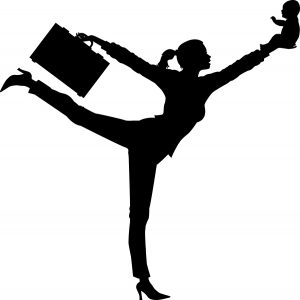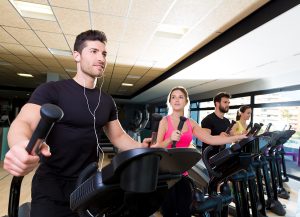Everywhere I turn people are taking about work-life balance. From my experience, I feel that work-life balance can seem like an overwhelming concept and almost impossible. While technology is suppose to help us to do more faster, it seems like we are still too busy and getting things done slower. The biggest problem with technology is that it allows us to be plugged into our jobs around the clock. If we are not working, then we are allowing other time traps that are accessed through our phones to suck up our time.
What is work-life balance?

It depends on what you value. Some people value their families more than their job. Some people value their health. Whatever you value, you need to learn to prioritize your needs with the needs of work. Here are 7 tips for better work-life balance:
1. Strive for excellence not perfection
Perfection is a losing battle. Do a good or even a great job and remember that perfection is usually not achievable; and if you do manage to do something perfectly, it is totally unsustainable.
2. Turn it off
You have to learn to detach from your phone, computer, and any other devices. Be 100% present. For example, leave your devices in your car when dining out with family or friends. At night, put your phone in the kitchen to charge or some other location away from you. Practice silencing your phone.
3. Get moving
Exercise is an excellent way to regain balance. This is a win because you can also rejuvenate your body and reduce stress. Take a fitness class, go for a walk/run, go to the gym. This will help to bring balance back to your life.

4. Be strategic with how you use your time
If you turn off your phone and close Facebook (including any other forms of social media) and you focus on tasks, you will be able to complete more so that you have more time to do other things that bring balance to your life.
5. Use leverage
Do you have to do everything yourself? Chances are you don’t. Think about ways you can get other people or things to help you accomplish tasks. For example, maybe your decide to delegate walking the dog to someone else in your house. Or maybe you have a grocery store service that will deliver your groceries so that it’s one thing you don’t have to do.
6. Use baby steps
Rome wasn’t built in a night. Start small and build upon that.
7. Do what you can
This is not to say- Let things go. However, do what you can. If it doesn’t get done, then it’s okay. Try again tomorrow. The worst thing to do is to stress and worry about your to-do list. Stressing and worrying will not accomplish any of your tasks. Besides you can use that energy to either enjoy life or get things done so that you have balance. But worrying is absolutely fruitless.
Here is another great article on balance.
How to you get work-life balance?


